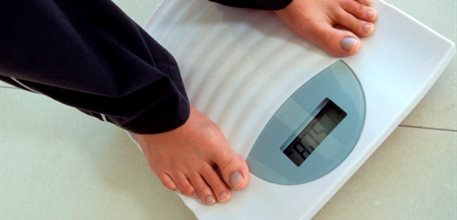All women are offered two scans in their pregnancy. These scans check your baby’s major organs and physical characteristics. If you have a high BMI, especially with body fat around your abdomen (tummy), the ultrasound image will not be as clear. This limits your sonographer’s ability to assess your baby’s growth and development.
It is also more difficult to estimate growth or determine your baby’s position using abdominal palpation. A further scan to assess your baby’s growth or position may be necessary later in your pregnancy. Your midwife will discuss this with you.
Studies suggest that having a high BMI is associated with an increased risk of stillbirth. If your BMI is above 35 your risk of stillbirth is twice as high as the general pregnant population (8.6 per 1000 births compared to 3.9 per 1000 births). The risk of stillbirth increases with increasing BMI and the reason for this is largely unknown. It is important to become familiar with your baby’s daily pattern of movements and contact the Maternity Unit if you have any concerns or your baby’s movements are reduced.




